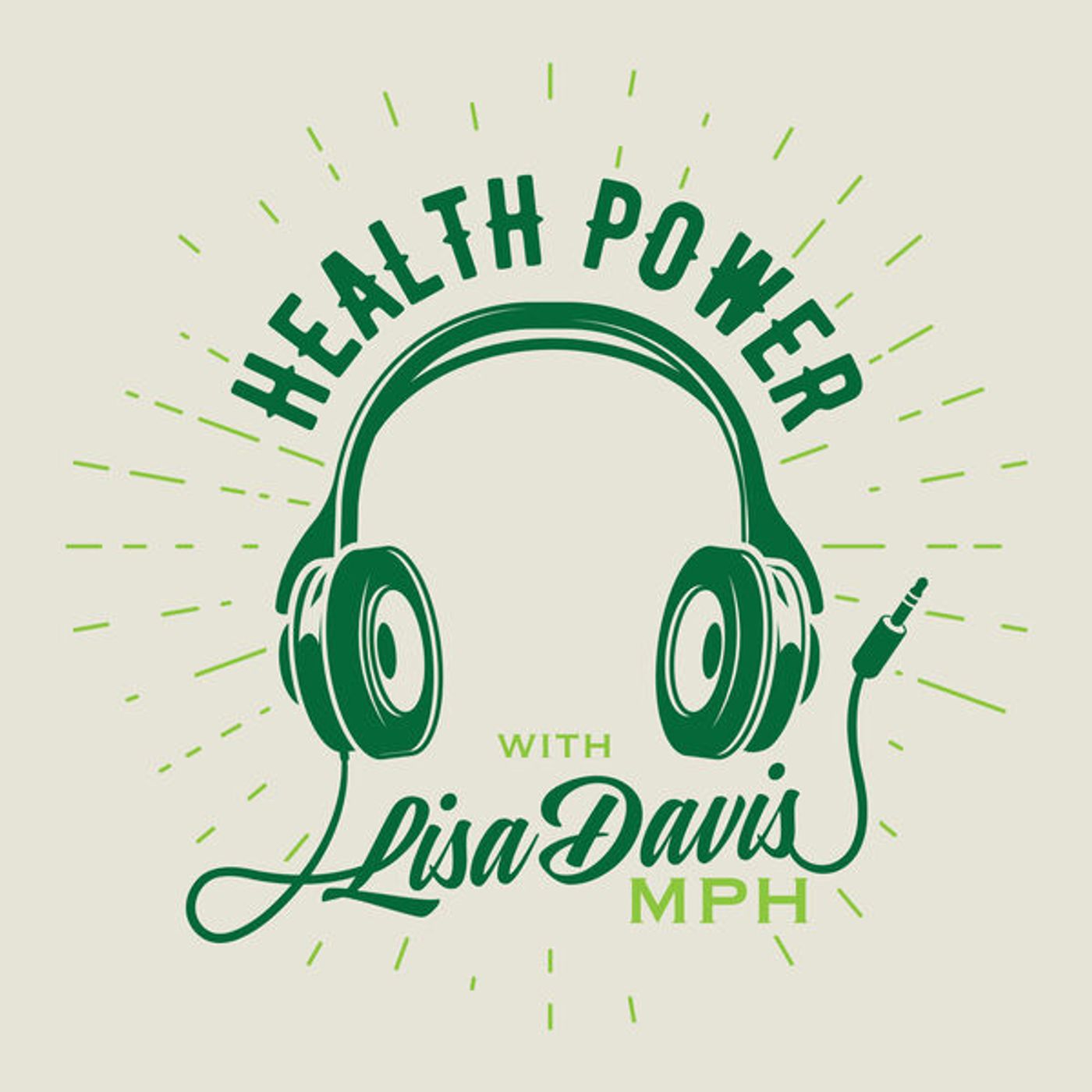Episode Summary
SummaryIn this episode, Lisa Davis and Amber Romaniuk discuss the results of Lisa's blood work. They cover various topics, including insulin and iron levels, testosterone and DHEA levels, cholesterol levels and the impact of seed oils, electrolyte levels and hydration, fiber and cholesterol, thyroid function and cholesterol, vitamin D deficiency, C-reactive protein and inflammation, causes of elevated C-reactive protein, addressing gut health and inflammation, supplements for inflammation, symptoms and effects of elevated C-reactive protein, and next steps for hormone levels. In this conversation, Amber Romaniuk discusses the importance of understanding C-reactive protein and its connection to nutrient deficiencies and autoimmune conditions. She explains the impact of low vitamin B12 levels and suggests options for supplementation. Amber also emphasizes the need to balance estrogen and progesterone levels and monitor thyroid function. She highlights the significance of proactive health measures and self-care practices in improving overall well-being.TakeawaysInsulin and iron levels are important for overall health and can impact weight loss and blood sugar regulation.Testosterone and DHEA levels play a role in energy, weight, and sex drive, and supplementation may be necessary to optimize levels.Cholesterol levels can be influenced by factors such as seed oil consumption and gut health.Electrolyte levels and hydration are important for energy and overall well-being.Addressing gut health and inflammation can help reduce C-reactive protein levels and improve overall health. Regular testing of C-reactive protein is important to monitor inflammation levels and reduce the risk of chronic diseases.Nutrient deficiencies, such as low vitamin B12, can contribute to elevated C-reactive protein levels.Supplementation with B complex and B12 can help address deficiencies and improve energy levels.Balancing estrogen and progesterone levels is crucial for optimal health, especially during menopause.Monitoring thyroid function and addressing imbalances can help improve overall well-being.Chapters00:00Introduction00:26Overview of Blood Work Results01:09Importance of Insulin and Iron Levels03:03Cholesterol Levels and Seed Oils05:31Electrolyte Levels and Hydration06:25Fiber and Cholesterol07:13HDL and LDL Cholesterol08:12Thyroid Function and Cholesterol10:23Vitamin D Deficiency12:04C-Reactive Protein and Inflammation14:18Causes of Elevated C-Reactive Protein20:52Supplements for Inflammation22:16Symptoms and Effects of Elevated C-Reactive Protein23:02Next Steps and Hormone Levels23:24Importance of Understanding C-reactive Protein24:18Impact of Nutrient Deficiencies on C-reactive Protein25:28Options for Addressing Vitamin B12 Deficiency26:46The Role of B Complex in B12 Supplementation29:10Choosing the Right Brands for Supplements30:04The Connection Between Cortisol and B12 Levels30:59The Importance of Balancing Estrogen and Progesterone32:25Understanding Estrogen and Progesterone Levels34:18Monitoring Thyroid Function and TSH Levels35:47The Significance of Thyroxine (T4) Levels38:51Addressing C-reactive Protein and Thyroid Function39:51The Importance of Proactive Health Measures42:01Taking Action and Implementing Self-Care Practices42:35Conclusion and How to Connect with Amber Romaniuk
